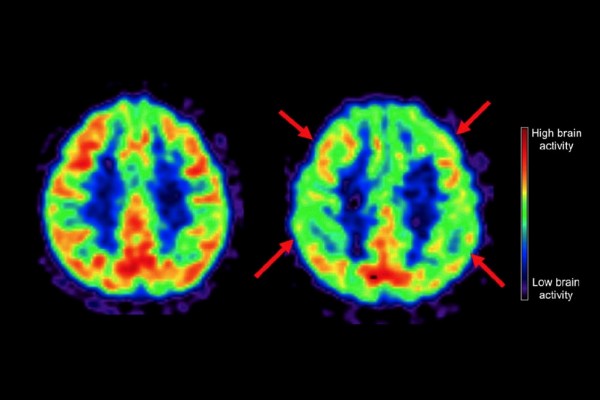New PET imaging biomarker could better predict progression of Alzheimer's disease
Researchers have discovered a way to better predict progression of Alzheimer's disease.
Researchers have discovered a way to better predict progression of Alzheimer's disease. By imaging microglial activation levels with positron emission tomography (PET), researchers were able to better predict progression of the disease than with beta-amyloid PET imaging, according to a study published in the April issue of the Journal of Nuclear Medicine.
According to the Alzheimer's Association, an estimated 5.3 million Americans are currently living with Alzheimer's disease. By 2025, that number is expected to increase to more than seven million. The hallmark brain changes for those with Alzheimer's disease include the accumulation of beta-amyloid plaques. When microglial cells from the central nervous system recognize the presence of beta-amyloid plaques, they produce an inflammatory reaction in the brain.
YOU MAY READ MORE HERE.





Related Posts